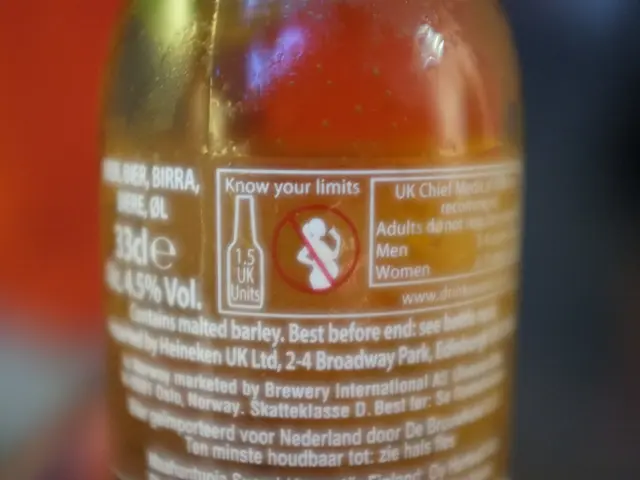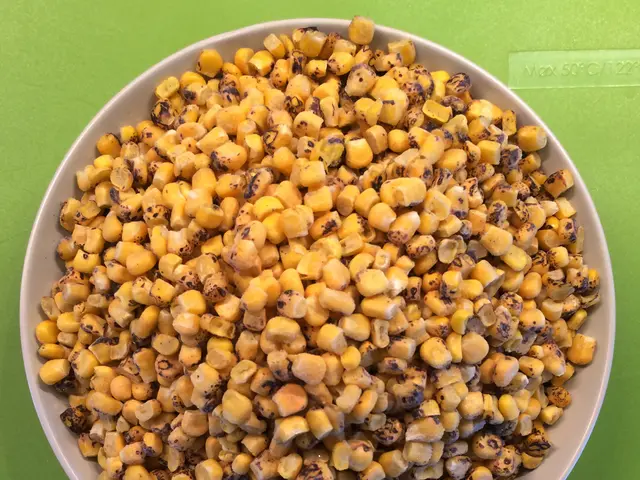Breaking News: Southern European Imported Strawberries Pass Stiftung Warentest's Pesticide Check
Strawberries harvested in southern Europe bear fewer traces of pesticides compared to other regions.
Share on FB Tweet this Whatsapp it Email it Print it Copy Link
Ever wondered whether those juicy strawberries you're munching on from Southern Europe are loaded with harmful pesticides? Well, fear not, my fruity friends! According to a recent study by the renowned consumer organization, Stiftung Warentest, those imported strawberries aren't any riskier than the ones grown right here in Germany.
The Skinny on StrawberriesThe test results were overwhelmingly positive, with a grand total of 23 products receiving the thumbs-up. The pesticide contamination levels were found to be "very low to low," and kept well below the legal limits.
But here's a fun fact: it's the organic strawberries that really steal the show! Swantje Waterstraat from Stiftung Warentest spilled the beans, explaining that not a single pesticide residue could be detected in four samples of organic strawberries. Conventional strawberries, on the other hand, often had up to twelve different active substances.
Brace Your WalletHowever, there's a catch: the price of organic strawberries can be up to five times higher than their conventional counterparts. Ouch! That's quite the mouthful for your wallet.
Get LocalWhile the imported strawberries are doing swell, the old saying still rings true: go local! Local strawberries are picked at their peak ripeness, resulting in a more flavorful taste. Those strawberries bred for hella transportability might be great for shipping, but they're a little lackluster when it comes to flavor.
Give a Hoot, Go GreenNot only are local strawberries more delicious, but they're also friendlier to the environment. Strawberries flown in from North Africa are said to have a whopping 12 times higher carbon footprint compared to local berries. Strawberries grown in heated winter greenhouses, even if they're from Germany, are even more climate-damaging.
In conclusion, indulge in those imported strawberries with a clear conscience, knowing that Stiftung Warentest has given them the green light. But if you're yearning for flavorsome, eco-friendly, and wallet-friendly strawberries, make like a bird and choose locally-grown produce.
Sources: ntv.de, AFP
- The community policy might consider implementing measures to promote vocational training in the agricultural sector, specifically in environmental-science and health-and-wellness, to promote sustainable and organic farming practices that ensure food safety and reduce the carbon footprint of food production.
- As a responsible and health-conscious consumer, one could choose to incorporate strawberries into their lifestyle not only for their delicious taste but also for their nutritional benefits, particularly in food-and-drink options that promote health and wellness.
- Although the imported strawberries were found to have low levels of pesticide residues and were safe for consumption, it might be beneficial to explore vocational training programs in environmental-science to encourage the adoption of more sustainable farming practices, thereby reducing the need for chemical pesticides and promoting a healthier environment.








